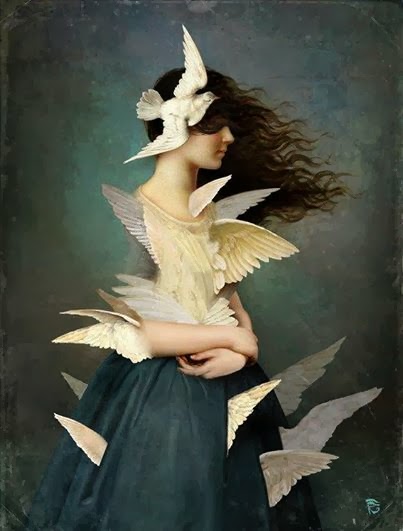This is where I will spend the next week, April 1st to 8th. Two times a year for a couple of years my husband and I have been here.
In this landscape, J.R.R Tolkien crafted parts of his Lord of the Rings-trilogy, and the trees, rivers, little roads, meadows and shrubbery tell the tale of hobbits. I wouldn't be at all surprised if a hobbit would come trotting down one of the rural roads, nor to find a hobbit's cave in one of the many green fields and copses around this venue. Many of the local names for places and rivers have obviously inspired Tolkien
You have the Buckleberrys (closely resembling the name of Buckland), Crick Hollow which most probably stems from the near Crickhowell, and many more that I have thought of before, though now I need a revisit to remember all of the striking resemblances of Welsh names and places to Tolkien's world of the hobbits. But names such as Talybont-on-Usk and Bagginshire surely had an inspirational effect og Tolkien's creative mind.
Well, there won't be any postings from me for at least a week - although probably no one ever reads this blog anyway, so...











